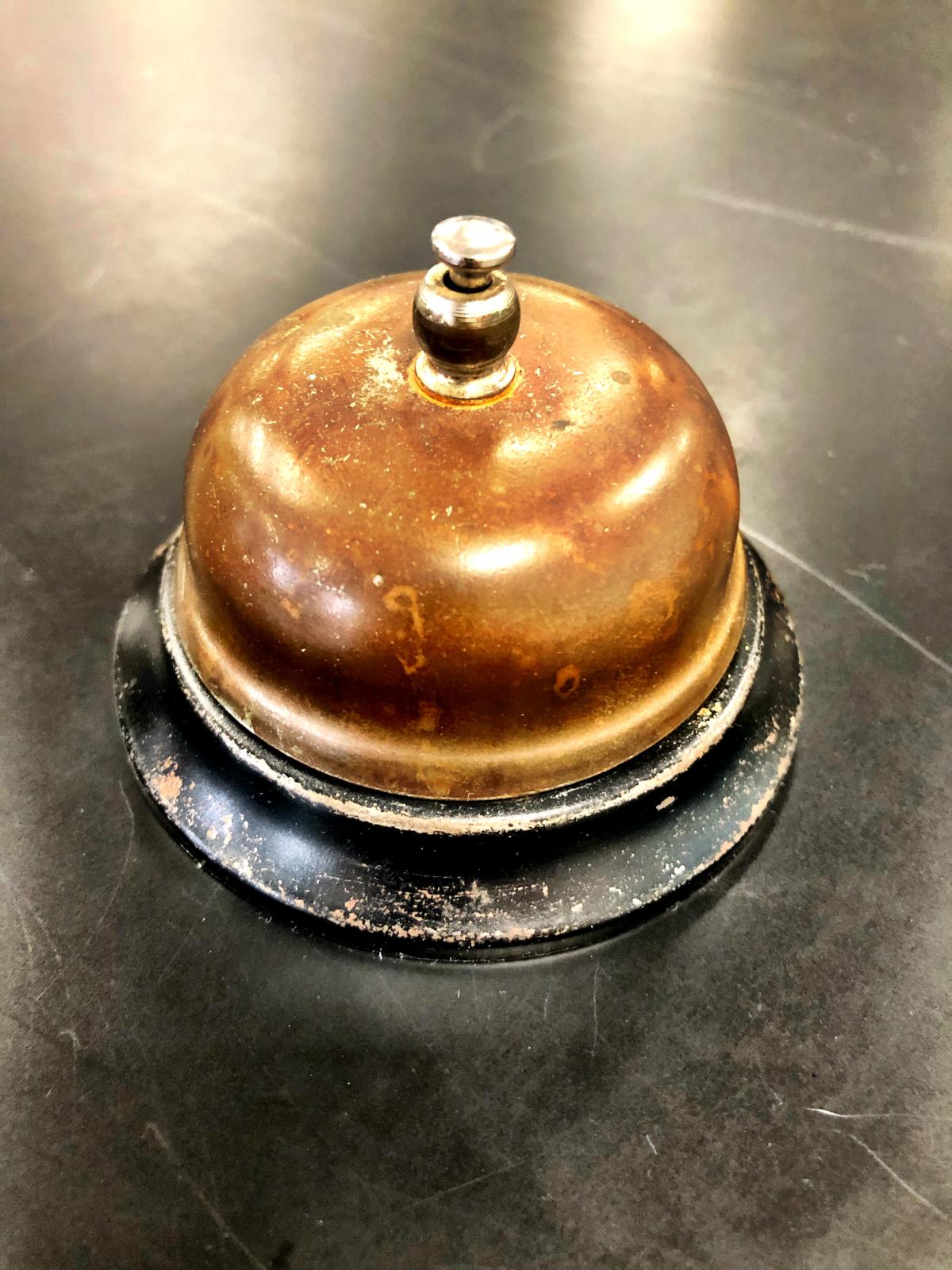
Good day, gentle readers:
I am thrilled to have been invited to contribute to Chemed X. I plan to do my best not to let high school editor, Deanna Cullen, regret her temporary lapse in judgement.
I hold a BSc (Specialist, Chemistry) from the University of Toronto; an MSc (Physical Organic Chemistry) from Concordia University, Montreal; and a BEd from U of Toronto. I began teaching at Taylor’s College, Kuala Lumpur, Malaysia. Since 1988 I have been on the Faculty of Crescent School, an all-boys independent school. I was appointed Head of the Science Department several years ago. (Full disclosure: no one else wanted the position.)
For a while I also taught additional qualifications courses to science teachers at U of Toronto, before becoming the Director of Crescent’s Summer Academic Program in 2003. I plan to step away from this responsibility after this year.
My wife and I have three grown children—all off the payroll—and a two-year-old granddaughter (on the payroll), with another on the way.
Since the ‘90s, I have been a major contributor to Chem 13 News.1 Further, I published two pieces in J Chem Ed, and have given a bunch of presentations for the Science Teachers Association of Ontario, the Chemical Institute of Canada (CIC), and some places I can’t remember.
I co-authored four Chemistry textbooks, published my McGraw-Hill Ryerson Canada (now Nelson), when I had an appetite for this kind of thing (2001 – 2011).
In 2017 I was honored by the Chemical Institute of Canada with the Beaumier Award for High School Chemistry Teachers. In 2018, I was presented with a Prime Minister’s Award for Teaching Excellence—Certificate of Achievement.
So those are my bona fides. Forgive the shameless self-promotion, but, unfortunately, these things seem to matter.
I am an old-school film-based photographer, who has resorted to a SMART-phone to take pics.2 After a hiatus of many years, I have returned to playing table tennis.3 Knowing full well that this will never happen, I challenge any of you . . .
I have a keen interest in Chemistry Education, especially on the empirical side. Now, more than ever, we see the importance of—and the need for—empirical evidence: proper experiments, properly done, properly interpreted.
copper_bell.jpg

This bell was copper-plated ( quantitatively) by our Chemistry Education Research Group several years ago. Its ugliness adorns the front bench of the Chemistry lab at Crescent School. I use it to bring the class to order ... and when I want someone to carry my luggage .
I see myself as a “small r” researcher. My colleague, Bryan Balkissoon, and I ran our Chemistry Education Research Group4—before covid pulled the rug. I spend a lot of time developing new laboratory activities/demonstrations and advancing widely used experiments and demos. When the opportunity arises, which is frequently, I like to prepare class-handouts on the topic du jour and create/update PowerPoint lessons.
I want to share my enthusiasm for Chemistry teaching with ChemEd X readers through opinion pieces and by providing tried-and-true laboratory activities and handouts. My students report a high level of engagement in the labs that they carry out: the work is recipe-free; there is always a successful learning outcome. If you need a specific PPT lesson or a lab or a handout, please get in touch. I love to share.
My intention with ChemEd X is not to tell you what to do. I simply want to provide ideas that will, with any luck, inspire you to develop your talents as a Chemistry educator, with an eye toward improving student-learning.
May peace be with you . . .
- Chem13 News - https://uwaterloo.ca/chem13news/
- Instagram: @closeted_artsie
- I shouldn’t be telling you this, but my backhand needs a lot of practice
- read: Chemistry Club

